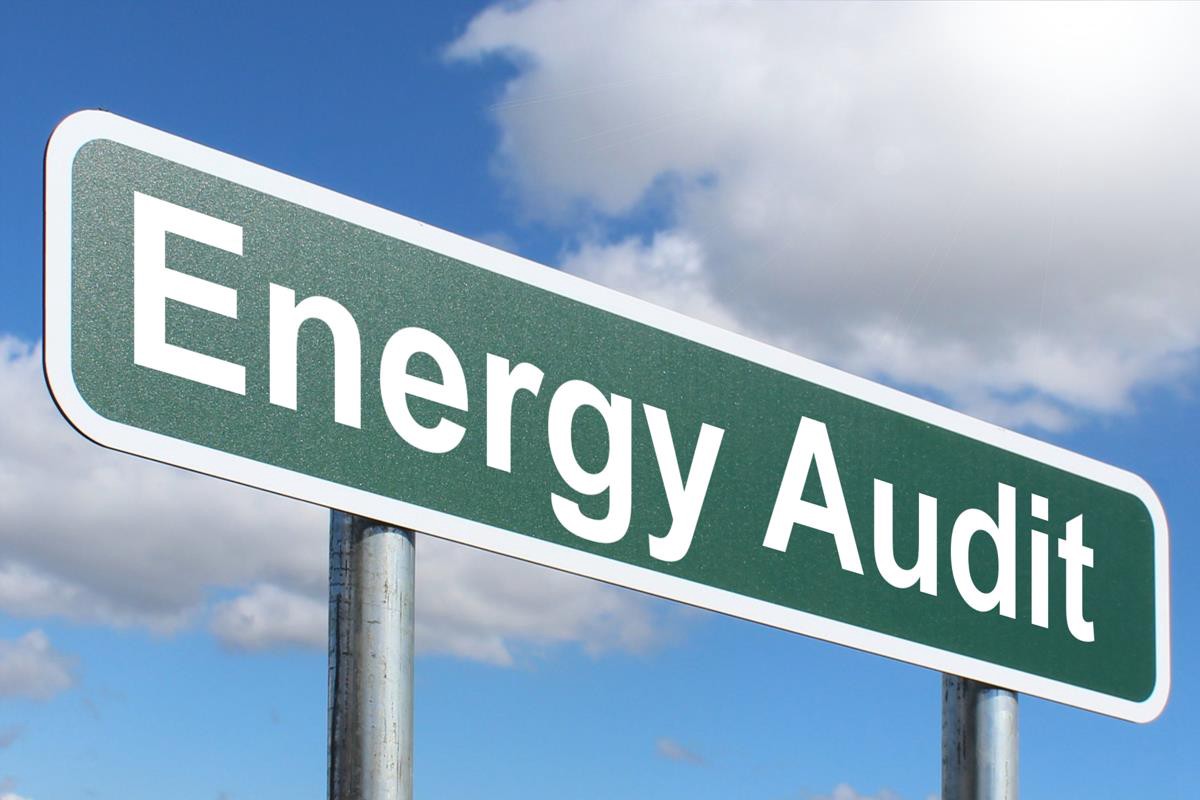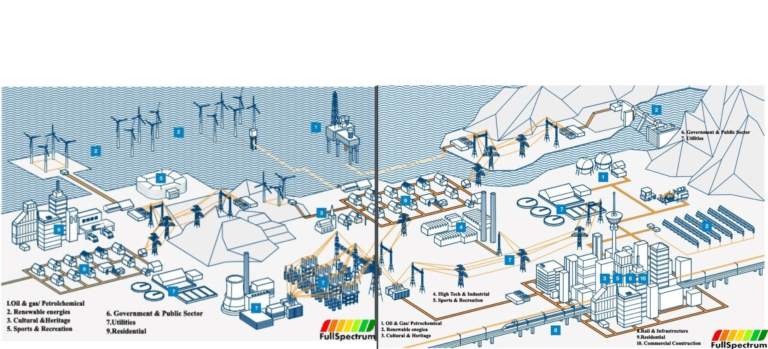Energy costs are increasing exponentially and not likely to drop.
It has put many organizations and facilities on the edge wondering what to do.
Energy management is the way out. How to effectively conserve energy, cut costs and start saving is the challenge.
Of critical concern to organisations, are what immediate proactive steps to take. To cut costs and improve on energy savings and remain afloat.
Energy auditing and analysis is the starting point in managing your energy.
Performing a good energy audit and assessment based on careful needs of your facility.

Whether based on annual savings, initial cost, payback time, comfort benefits to occupants, or recurring maintenance hassles. The results are well worth the efforts.
The term energy auditing is widely used, yet only a few know what it is all about. Nor the professional standards for its general conduct and best practices.
What is Energy Audit (Assessment)

Energy audit and analysis, sometimes called energy assessment mean different things to different people.
However, Energy Audit (assessment) can be defined as the process of determining the types and cost of energy use, evaluating where a building or facility use energy and identifying opportunities to reduce consumption.
Goals of an Energy Audit (Assessment)

A proper energy audit or assessment should have the following deliverables:
- Clear identification of types and costs of energy use
- Understanding how energy is being used-and possibly wasted
- Identification and analysis of more cost-effective ways of using energy by:
- Improving operational techniques
- New equipment, new processes or new technology
- An economic analysis on these alternatives and determine which one is cost-effective for your business or industry.
Scope of energy audit
There are two basic distinctions in energy auditing, based on the cost and facility type.
The cost of the audit determines how much data will be gathered, analyzed and the identification of Energy Conservation Opportunities (ECO’s) or Measures (ECM’s).
In energy auditing, the type of facility determines the direction in commercial building, the emphasis is on building envelope, lighting, heating and ventilation requirements, etc.
While for industrial audit emphasis is on the process equipment requirements.
What are the various types of energy audit? What does each type entail? See our subsequent posts.
Contact us


Victor Oyedu, FNSE, FNIEEE, CPQ.
Power Quality and Energy Management Specialist.
Publisher at Afrienergyonline.com
CEO, FullSpectrum Energy Solutions Limited, Nigeria.







1 Comment
Yes.
Send an email to us : info@fullspectrumenergyng.com